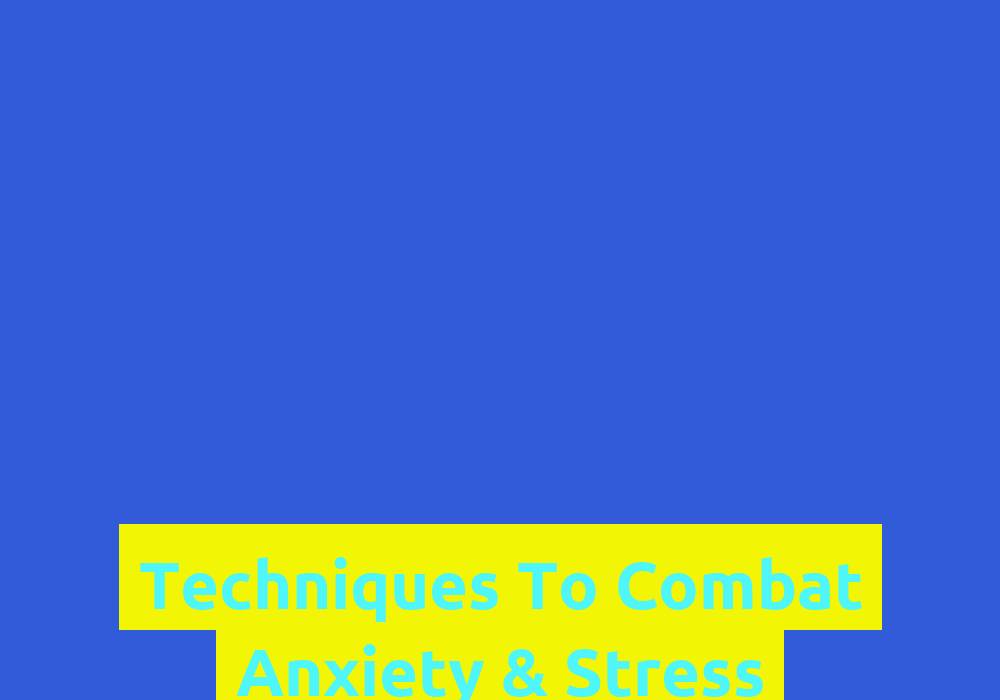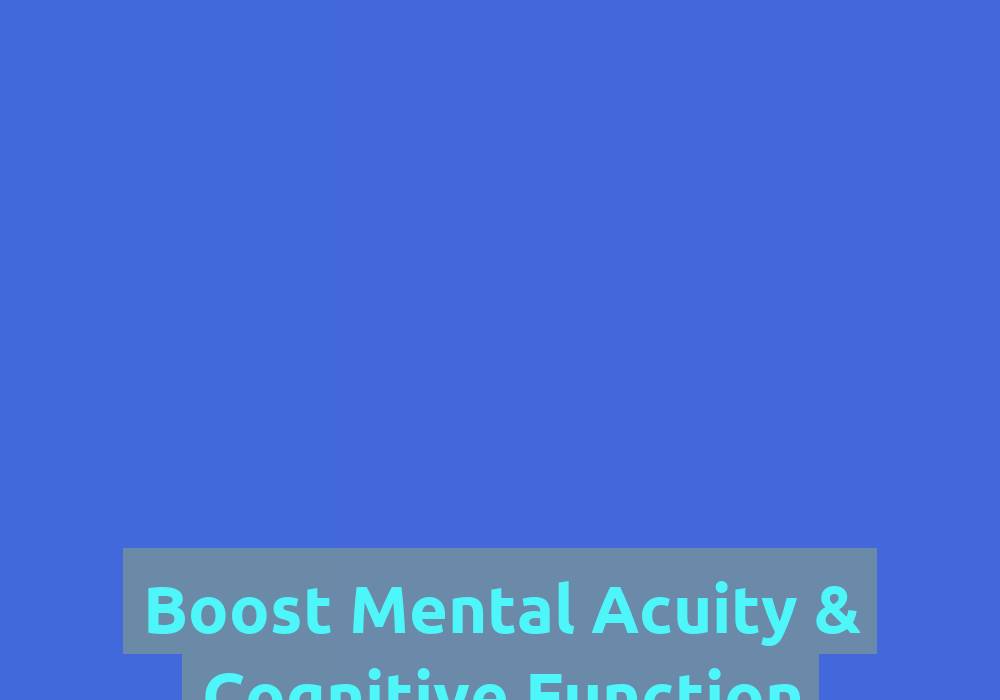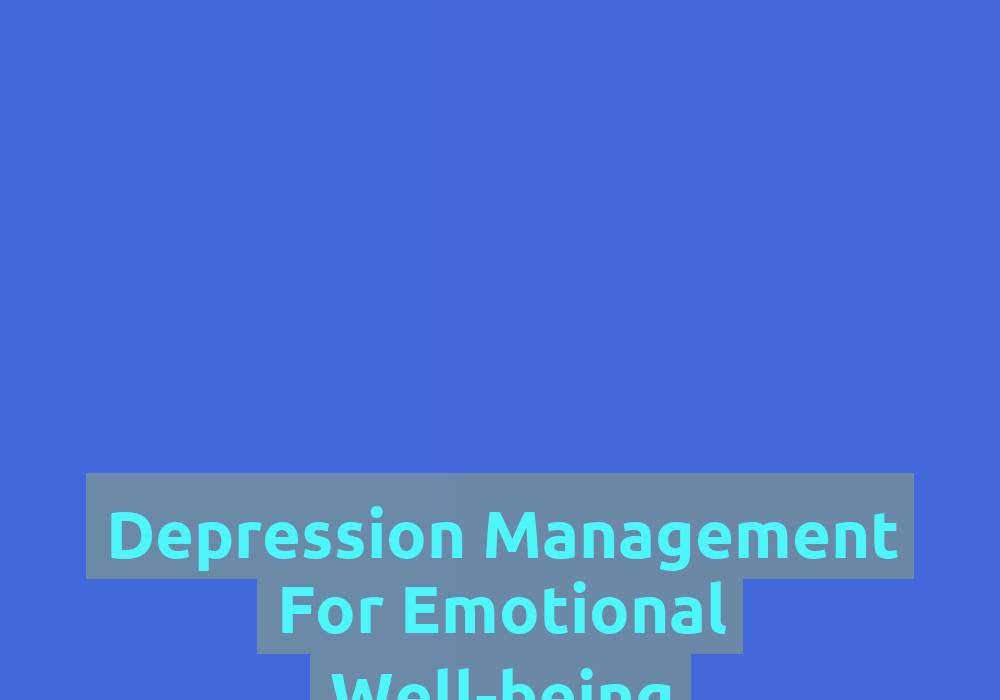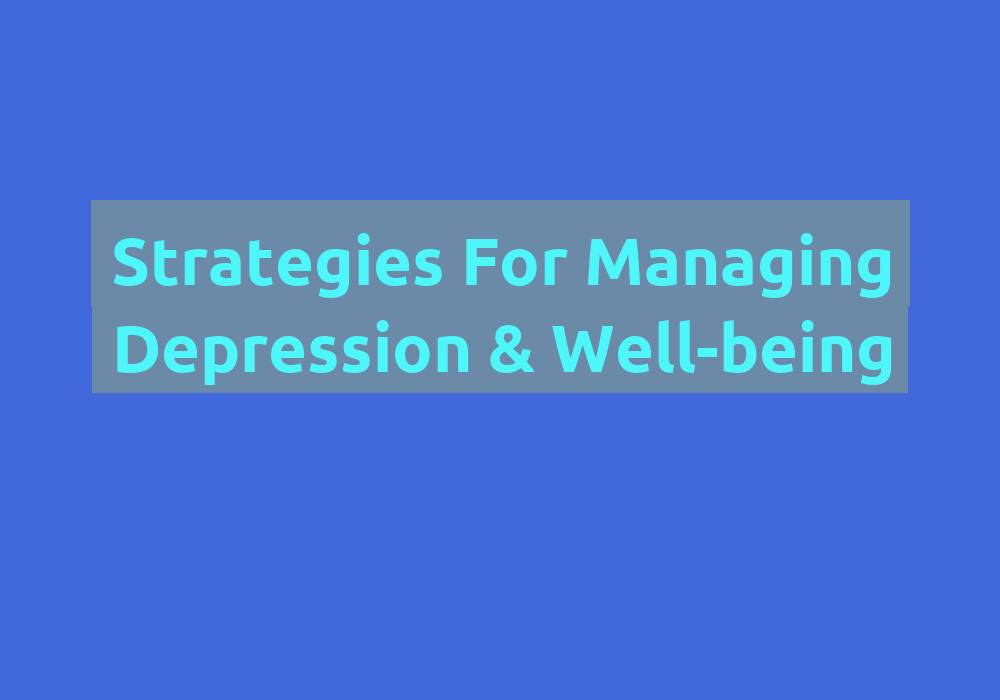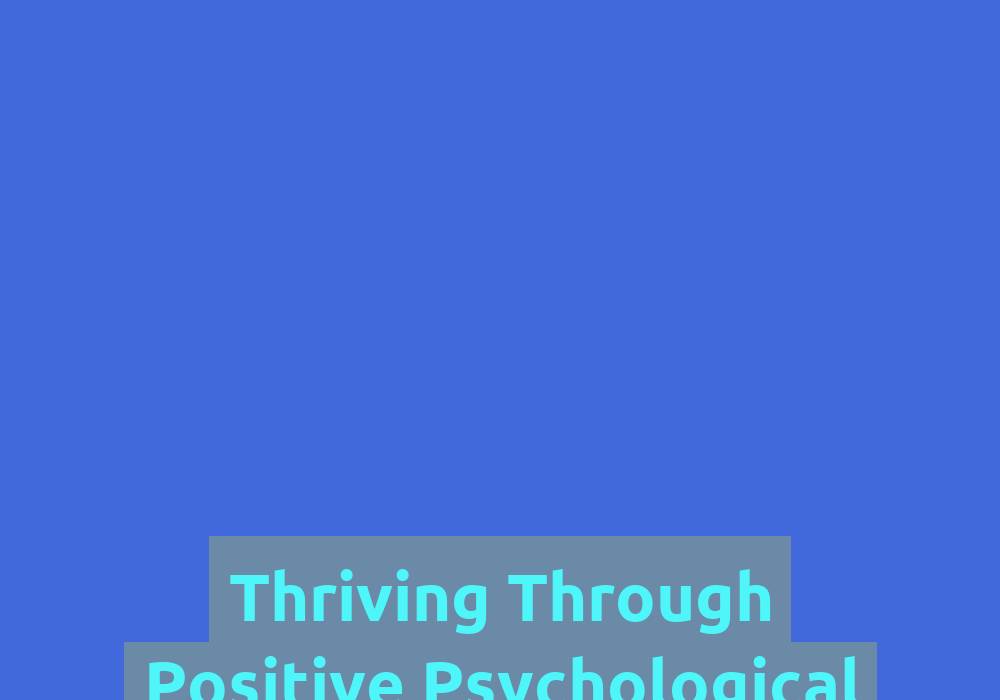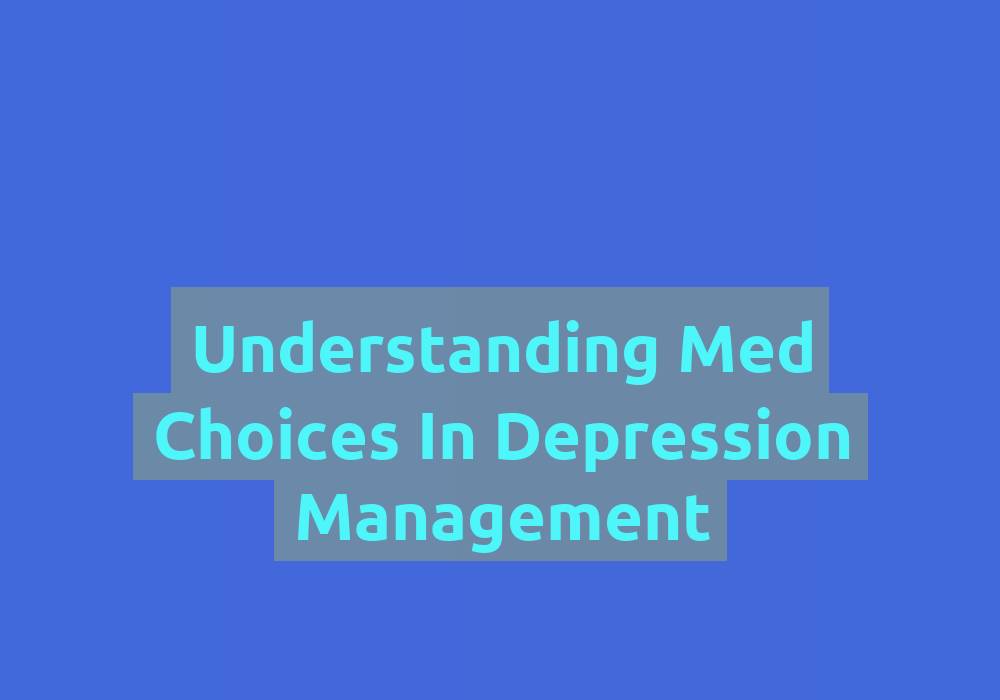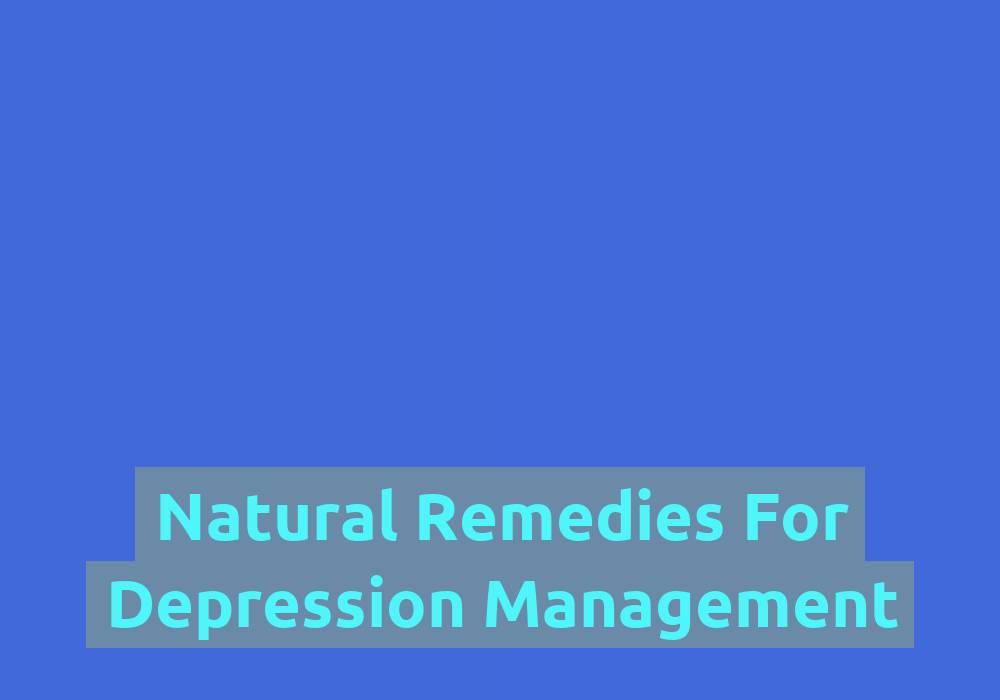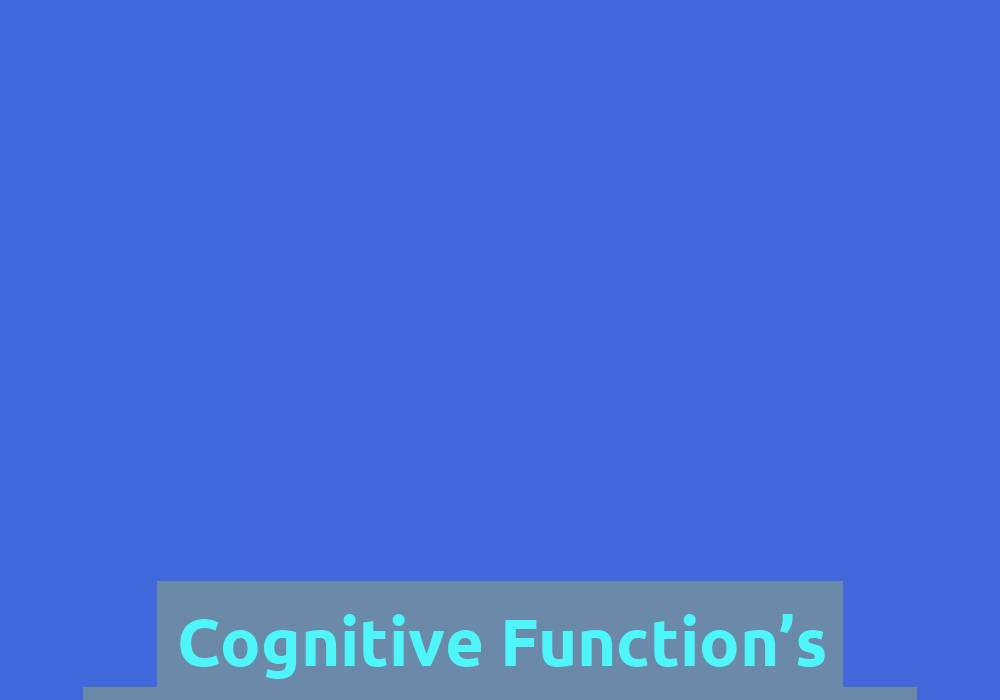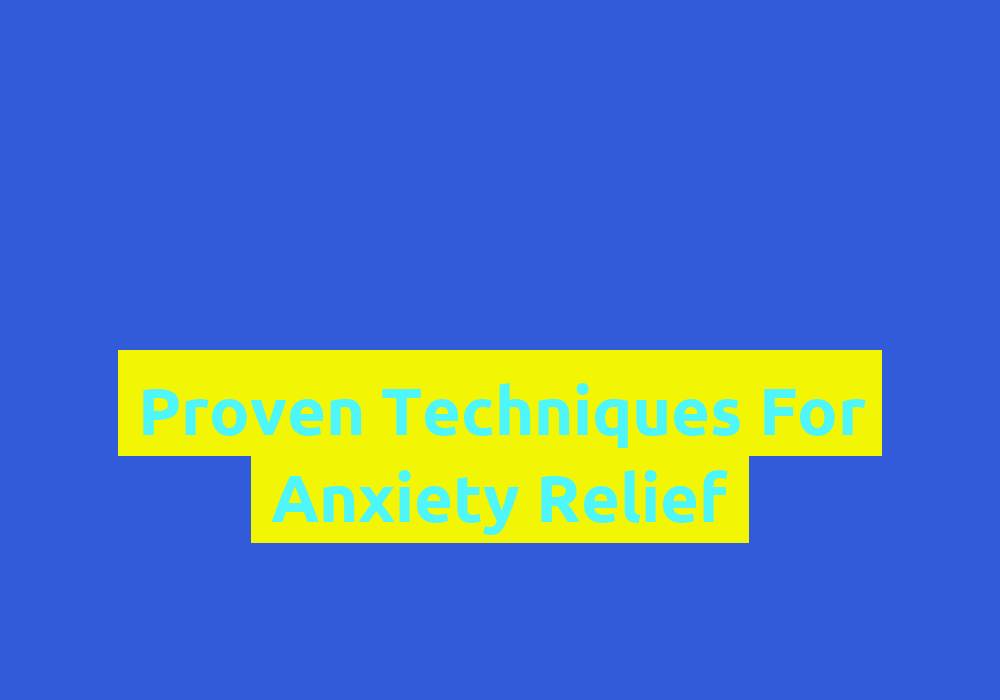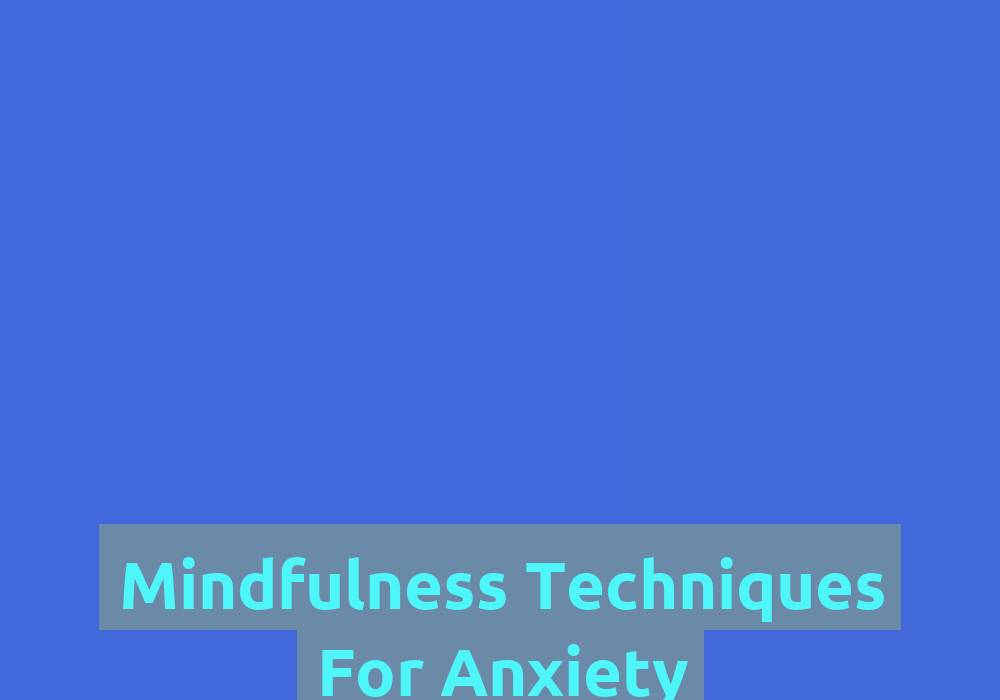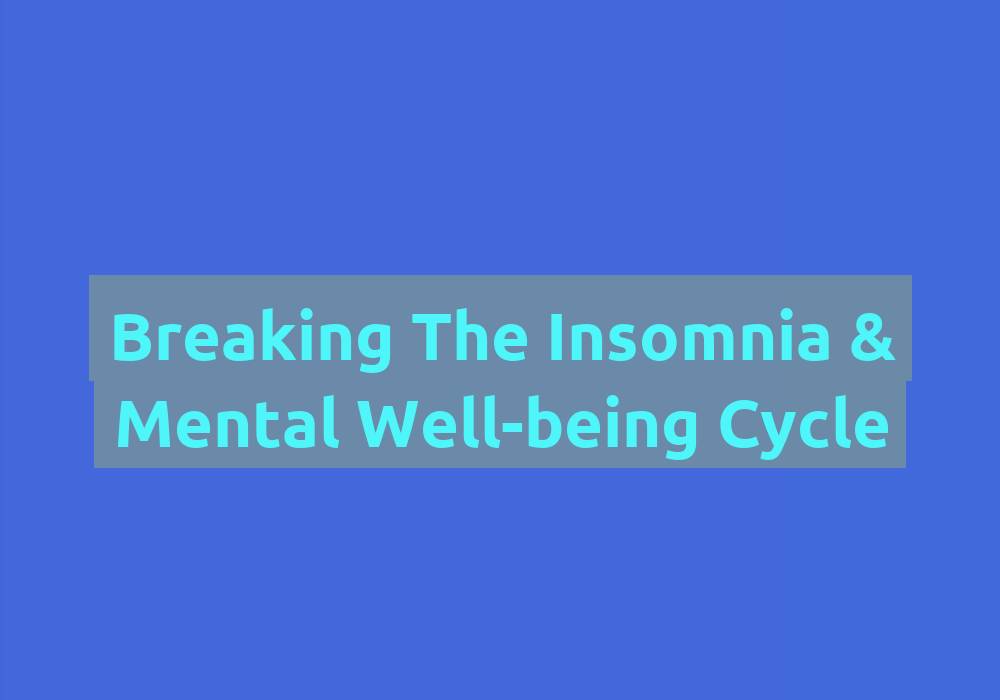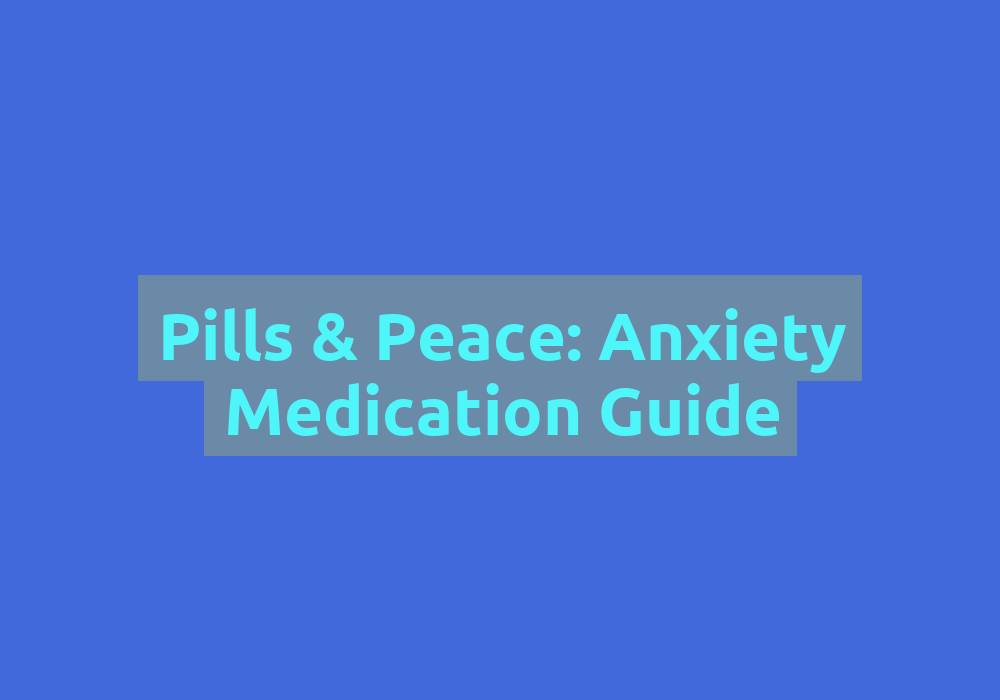The Weight of Worry: Stress, Anxiety, & Health
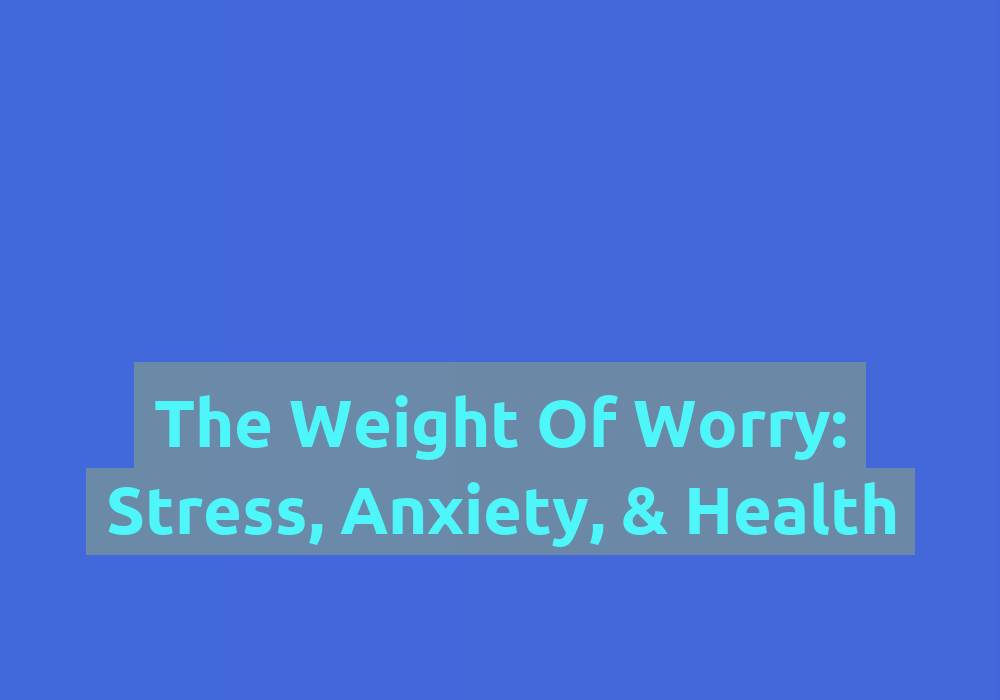
Stress and anxiety are common experiences in today’s fast-paced and demanding world. They can have a significant impact on our mental and physical well-being, affecting various aspects of our lives. From our personal relationships to our professional performance, chronic stress and anxiety can take a toll on our overall health. In this article, we will dive into the effects of stress and anxiety on our bodies, explore the connection between stress and certain health conditions, and discuss strategies to manage and reduce these burdensome emotions.
Understanding Stress and Anxiety
Stress is the body’s response to external pressure or demands, whereas anxiety is a feeling of fear or apprehension about future events. While both stress and anxiety are natural responses, excessive or prolonged exposure to stressors can result in chronic stress or anxiety disorders, negatively impacting our physical and mental health.
When stress becomes chronic, it can lead to a wide range of complications throughout the body. Here are a few examples of how stress and anxiety can affect different systems in our bodies:
The Impact on Our Bodies
-
Cardiovascular System: Chronic stress and anxiety can lead to increased blood pressure, heart rate, and cholesterol levels, putting individuals at a higher risk of developing cardiovascular diseases such as heart attacks and strokes. The constant activation of the body’s stress response system can have detrimental effects on the heart and blood vessels over time.
-
Immune System: Prolonged stress weakens the immune system, making individuals more susceptible to infections, allergic reactions, and autoimmune disorders. Stress hormones suppress immune function, making it harder for the body to fight off pathogens. This can result in more frequent illnesses and slower recovery times.
-
Digestive System: Stress and anxiety can disrupt the normal functioning of the digestive system, causing symptoms like stomachaches, diarrhea, constipation, and even more severe conditions such as irritable bowel syndrome (IBS) or inflammatory bowel disease (IBD). The gut is often referred to as the “second brain” due to the strong connection between the brain and the digestive system. Stress can alter the gut microbiota and increase inflammation, leading to digestive disturbances.
-
Respiratory System: Breathing becomes shallow and rapid under stress, leading to shortness of breath, hyperventilation, and increased vulnerability to respiratory conditions like asthma or chronic obstructive pulmonary disease (COPD). Stress can trigger or worsen respiratory symptoms, as the body’s stress response can cause airways to constrict and inflammation to increase in the respiratory system.
-
Musculoskeletal System: Chronic muscle tension caused by stress can result in headaches, migraines, back pain, and other musculoskeletal disorders. Stress often leads to muscle tightness and stiffness, which can cause discomfort and pain in various parts of the body, including the neck, shoulders, and back.
-
Sleep Patterns: Stress and anxiety often disrupt sleep patterns, leading to insomnia or poor-quality sleep, which can further intensify stress levels and negatively affect overall well-being. Lack of sleep can exacerbate stress and anxiety symptoms, creating a vicious cycle. It is important to establish healthy sleep habits to promote relaxation and recovery.
Stress, Anxiety, and Mental Health
-
Depression: Long-term stress and anxiety are significant risk factors for the development of depression. The constant feeling of being overwhelmed and the inability to cope with stressors can heavily impact our mood and mental state. Depression often coexists with anxiety disorders and can be a consequence of chronic stress.
-
Panic Disorders: Anxiety disorders, such as panic disorder, are characterized by sudden and intense episodes of fear, often accompanied by physical symptoms such as rapid heart rate, trembling, and sweating. These panic attacks can be triggered by stressful situations or occur unexpectedly, causing significant distress and impairment in daily functioning.
-
Substance Abuse: Individuals experiencing chronic stress or anxiety may turn to substances like alcohol or drugs as a way to cope, leading to substance abuse disorders. Substance abuse can further worsen mental health symptoms and create a vicious cycle of dependence and negative coping mechanisms.
-
Cognitive Function: Prolonged stress and anxiety can impair cognitive function, affecting memory, concentration, decision-making abilities, and overall productivity. Chronic stress can make it challenging to focus, retain information, and make sound judgments. It is important to address stress and anxiety to optimize cognitive performance.
The Connection Between Stress, Anxiety, and Health Conditions
-
Cardiovascular Diseases: The relationship between stress and cardiovascular health is well-established. Chronic stress can contribute to the development or worsening of conditions such as hypertension, heart disease, and stroke. The constant activation of the stress response system can lead to chronic inflammation, endothelial dysfunction, and an imbalance in the autonomic nervous system, all of which can contribute to cardiovascular problems.
-
Gastrointestinal Disorders: Stress and anxiety have been linked to various gastrointestinal conditions, including IBS, ulcerative colitis, and gastroesophageal reflux disease (GERD). The gut-brain axis plays a crucial role in the development and management of gastrointestinal disorders. Stress can alter gut motility, increase gut permeability, and disrupt the gut microbiota, leading to digestive disturbances.
-
Respiratory Disorders: Asthma and COPD symptoms can worsen under stress, as stress hormones can constrict airways and increase inflammation in the respiratory system. Stress can trigger asthma attacks and exacerbate COPD symptoms, making it harder to breathe and increasing the risk of respiratory complications.
-
Immune System Disorders: Chronic stress weakens the immune system, increasing the risk of infections, autoimmune diseases, and delaying wound healing. Stress hormones suppress immune function, making it harder for the body to defend against pathogens and heal properly. This can result in a higher susceptibility to infections and a dysregulated immune response.
-
Mental Health Disorders: Stress and anxiety are closely associated with mental health disorders such as depression, generalized anxiety disorder (GAD), and post-traumatic stress disorder (PTSD). Chronic stress can contribute to the development and exacerbation of these mental health conditions, affecting both the brain’s chemistry and structure.
Managing Stress and Anxiety
-
Lifestyle Changes: Engaging in regular exercise, practicing relaxation techniques such as meditation or yoga, maintaining a balanced diet, and getting enough sleep can help manage stress and anxiety levels. Exercise releases endorphins, which are natural mood enhancers, while relaxation techniques promote relaxation and reduce the impact of stress on the body.
-
Cognitive-Behavioral Therapy (CBT): CBT is a common therapeutic approach that helps individuals identify and change negative thought patterns and behaviors associated with stress and anxiety. It focuses on developing coping mechanisms and improving problem-solving skills to manage stressors effectively.
-
Medication: In some cases, healthcare professionals may prescribe medication to manage severe anxiety or stress-related disorders. These medications may include antidepressants, benzodiazepines, or beta-blockers. Medication can be beneficial in reducing the intensity of symptoms and providing relief, particularly in conjunction with therapy.
-
Social Support: Seeking support from friends, family, or support groups can provide a network of understanding individuals who can offer guidance and comfort during stressful times. Talking to others about our stressors and concerns can help alleviate feelings of isolation and provide alternative perspectives and coping strategies.
-
Time Management: Learning effective time management skills and setting realistic goals can reduce feelings of being overwhelmed and help individuals regain a sense of control over their lives. Prioritizing tasks, breaking them down into manageable steps, and delegating when necessary can alleviate stress and anxiety associated with time constraints.
Remember, it is crucial to consult with a healthcare professional or mental health specialist who can provide personalized guidance and support tailored to your specific needs.
In conclusion, the weight of worry in the form of stress and anxiety can have a profound impact on our mental and physical well-being. Recognizing the signs and symptoms of stress and anxiety is the first step towards taking control of our health. By implementing effective strategies to manage and reduce stress and anxiety, we can improve our overall quality of life and promote long-term well-being.
FAQ
- What is the difference between stress and anxiety?
- Stress is the body’s response to external pressure or demands, while anxiety is a feeling of fear or apprehension about future events.
- How does stress and anxiety affect our bodies?
- Chronic stress and anxiety can have various effects on our bodies, including increased blood pressure and heart rate, weakened immune system, digestive disturbances, respiratory issues, musculoskeletal disorders, and disrupted sleep patterns.
- What are the mental health implications of stress and anxiety?
- Long-term stress and anxiety can increase the risk of developing depression, panic disorders, substance abuse disorders, and impair cognitive function.
- Are there any health conditions associated with stress and anxiety?
- Yes, stress and anxiety have been linked to cardiovascular diseases, gastrointestinal disorders, respiratory disorders, immune system disorders, and mental health disorders.

